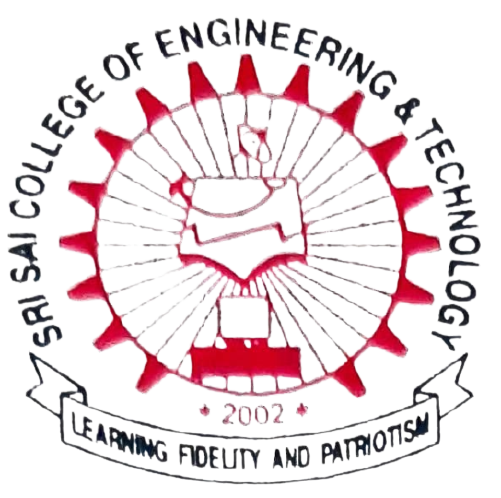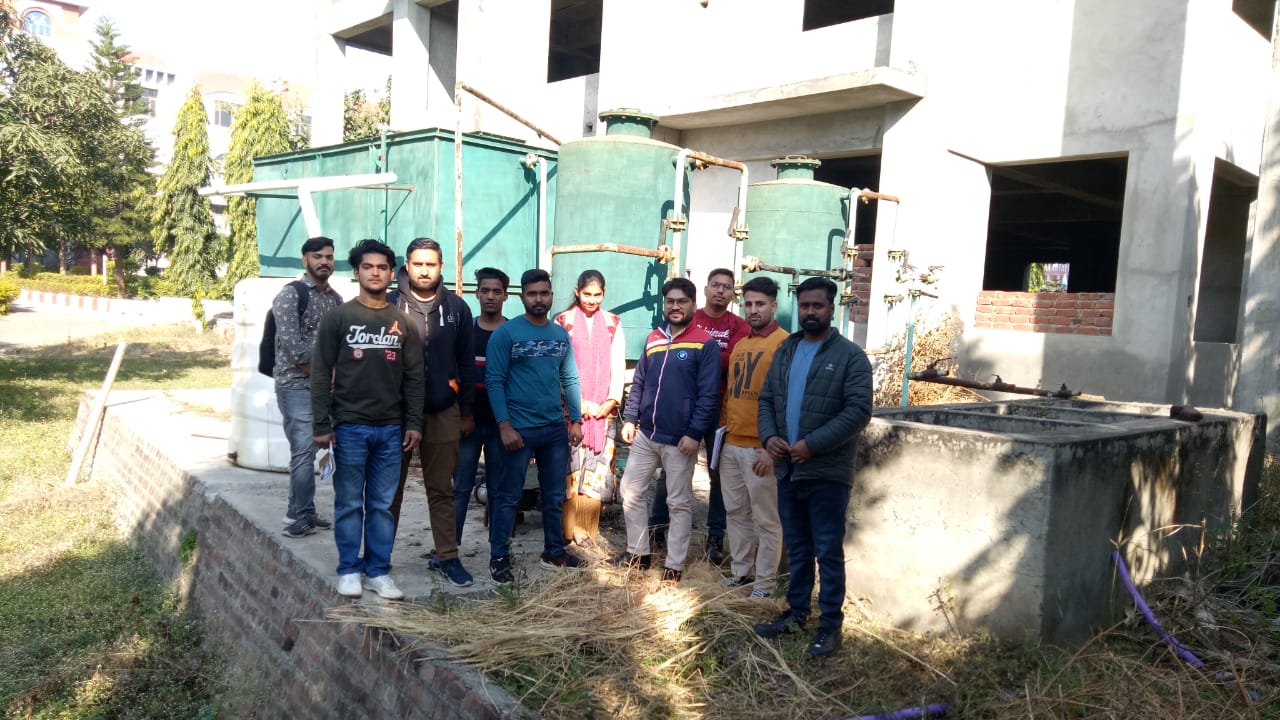Department of Civil Engineering
Introduction
The growth of civilization goes hand in hand with the growth in the infrastructure of a country. Civil engineering is the mother of all engineering branches. The history of Civil Engineering can be traced back to the beginning of civilization when man started building huts for living and invented wheel for transport. Over the years, this field has evolved into a branch of engineering which involves the application of physical and scientific principles for solving problems of the society. Civil engineering is a wide ranging profession, including several separate specialized sub-disciplines; its history is linked to knowledge of structures, materials science, geography, geology, soils, hydrology, environment, mechanics and other fields.
Civil Engineers play a very important role in improving the living standards of a society. Civil Engineers are involved in three areas of activity, namely, Designing, Construction and Maintenance. They contribute to design and construction of bridges, tunnels, roads, railways, airways, dams, pipelines and major buildings. In addition, Civil Engineers safeguard the environment against pollution of air, land and water, by implementing proper treatment techniques and managing the natural resources for future generation.
Civil engineering is the second-oldest engineering discipline after military engineering, and it is defined to distinguish non-military engineering from military engineering. It is traditionally broken into several sub-disciplines including architectural engineering, engineering, geotechnical, geophysics, geodesy, control engineering, structural engineering, transportation engineering, earth science, sciences, forensic, municipal or urban engineering, water resources engineering, materials engineering, offshore engineering, surveying, coastal, surveying, and construction engineering.
The department offers 2 years M.Tech Course in Structural Engineering and Soil Mechanics and Foundation Engineering.
M.Tech in Structural Engineering program includes advanced structural mechanics, finite element analysis, structural dynamics, structural reliability and optimization, reinforced and pre-stressed concrete, steel structures, design for wind and earthquake, tall buildings and towers, computer applications in structural engineering, etc. Students have access to a structural lab, material testing lab, computer lab and geo-technical engineering lab and a library.
M.Tech. in Soil Mechanics and Foundation Engineering is a 2-year full-time post-graduate course divided across 4 semesters. This branch of engineering involves the application of principles of soil mechanics and rock mechanics for investigation and study of subsurface materials and conditions. Such findings help deduce important information about physical materials, subsurface materials and structures, and their chemical and mechanical properties. Soil, rock, bedrock, and fault distribution properties of the project site are also studied in detail.
Goals of the Department
- Overall personality development of the students of the department.
- To provide best teaching –learning to the students by using latest teaching aids so that teaching becomes interesting.
- Hands –on Practical training to all the students so that they can handle all the equipment/instruments independently.
- To arrange expert lectures/workshops /Educational Tours for students for better understanding of theory subjects.
- Industry-Institute –Interaction programme for problem solving of the industry and latest development.
- To encourage students to serve the society with their knowledge in the field of environment and other societal needs.




